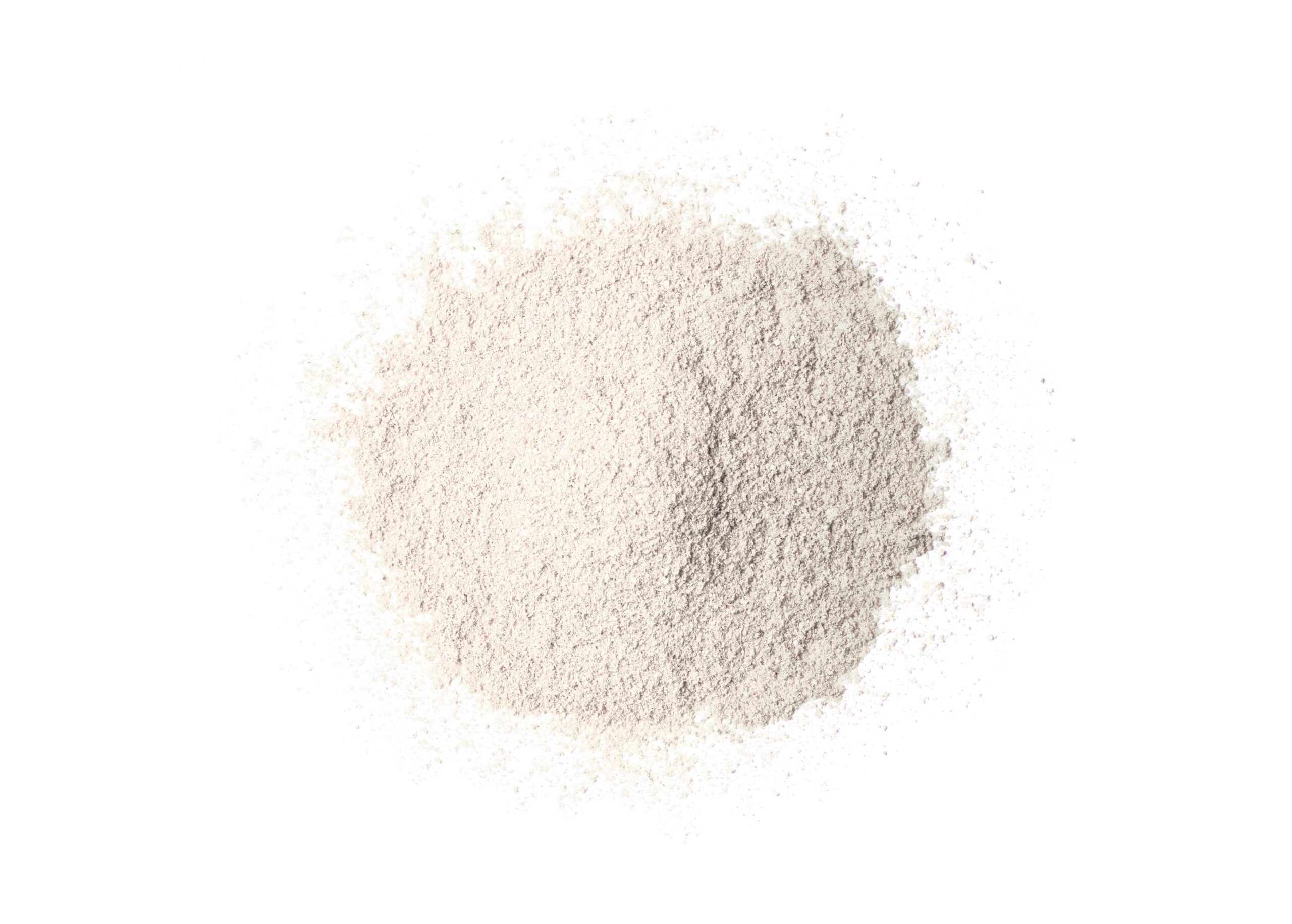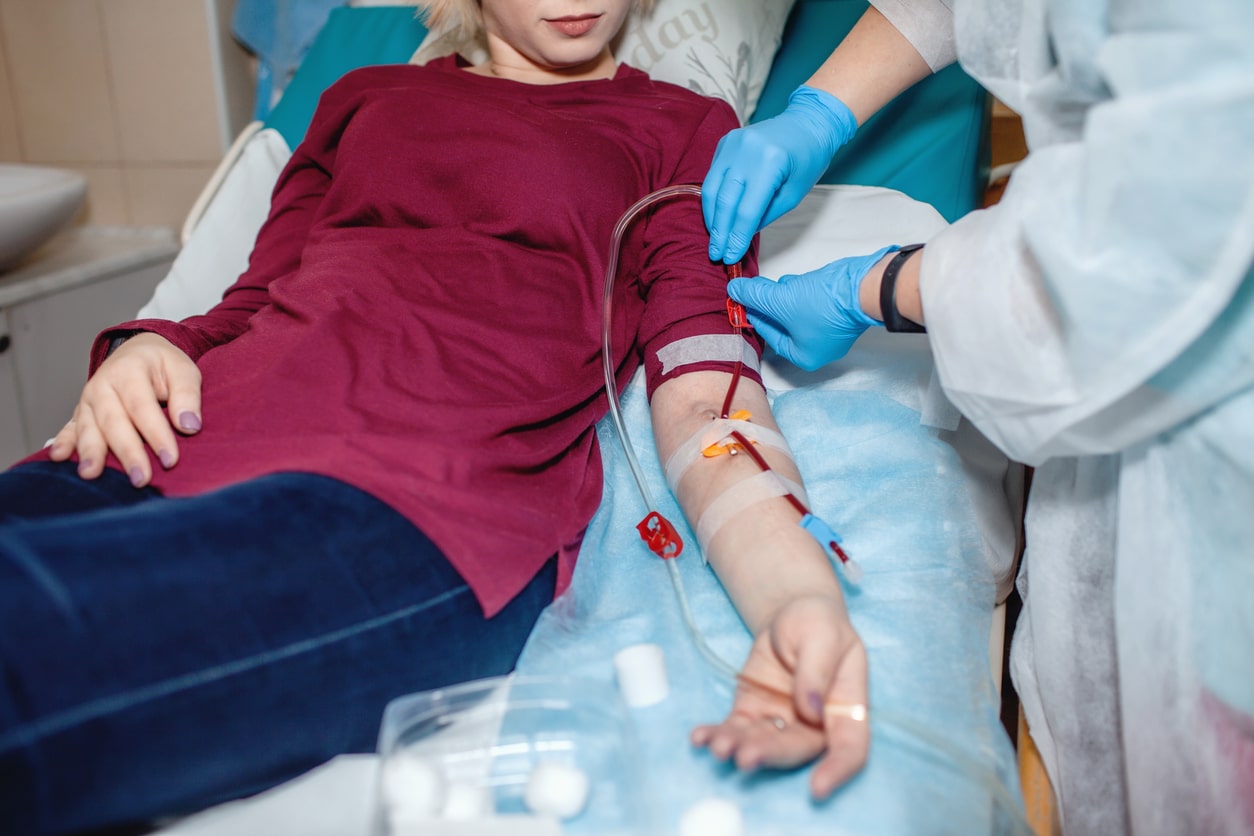
Researchers led by Jonathan Barratt presented 76-week results of ADU-CL-19, an ongoing phase I/II trial (NCT03945318) of zigakibart, an investigational treatment for immunoglobulin A nephropathy (IgAN). IgAN has limited treatment options and is the leading cause of primary glomerulonephritis.
Zigakibart is a novel humanized monoclonal antibody that blocks A PRoliferation-Inducing Ligand (APRIL). APRIL is a cytokine that is elevated in patients with IgAN and promotes pathogenic galactose-deficient IgA1 production, which leads to inflammation and kidney injury.
Part III of the trial included patients aged 18 years and older with biopsy-proven IgAN, total urine protein ≥0.5 g/24 h or urine protein-to-creatinine ratio (UPCR) ≥0.5 g/g, and estimated glomerular filtration rate (eGFR) ≥30 mL/min/1.73 m2 who were receiving a stable, optimized dose of renin-angiotensin-aldosterone inhibitors (RAASi) for three months or longer prior to screening or who were RAASi intolerant.
The objectives included evaluating the safety, tolerability, immunogenicity, pharmacodynamic effects, and preliminary effects of zigakibart on proteinuria and eGFR. Participants were given zigakibart, 450 mg, intravenously once every two weeks, then transitioned to 600 mg subcutaneously every two weeks at 24 weeks or later (cohort 1; n=10) or 600 mg subcutaneously every two weeks (cohort 2; n=30) for up to 124 weeks.
Among the 40 enrolled participants, 70% were male, 60% were White, and 33% were Asian; the median age was 38.5 years. Zigakibart was well tolerated by participants, and no adverse events (AEs) that led to discontinuation or death occurred. However, AEs that were primarily infections (78%) of grade I or II severity occurred in 34 (85%) of participants. One participant experienced grade III infections, and one participant experienced infections that were thought to be treatment related.
Reduction in IgG from baseline was mild to modest, at 35%; IgA levels were reduced by 71%, and IgM levels were reduced by 79%. Proteinuria (UPCR from a 24-hour collection) was reduced by 57% from baseline at week 76. Lymphocyte counts and eGFR were stable throughout the study period.
In summary, in the ADU-CL-19 study, zigakibart was well tolerated, and its use resulted in persistent, clinically significant reductions in proteinuria as well as eGFR stabilization. The authors noted that the phase III BEYOND study (NCT05852938) is also evaluating the efficacy and safety of zigakibart in adults with IgAN.
Source: Barratt J, Workeneh B, Kim SG, et al. A phase 1/2 trial of zigakibart in IgA nephropathy (IgAN). Abstract #WCN25-1585. Presented at the World Congress of Nephrology; February 6-9, 2025; New Delhi, India. Funding was provided by Chinook Therapeutics, a Novartis company. This abstract was also presented at the American Society of Nephrology Kidney Week 2024 (#FR-PO856).







 © 2025 Mashup Media, LLC, a Formedics Property. All Rights Reserved.
© 2025 Mashup Media, LLC, a Formedics Property. All Rights Reserved.